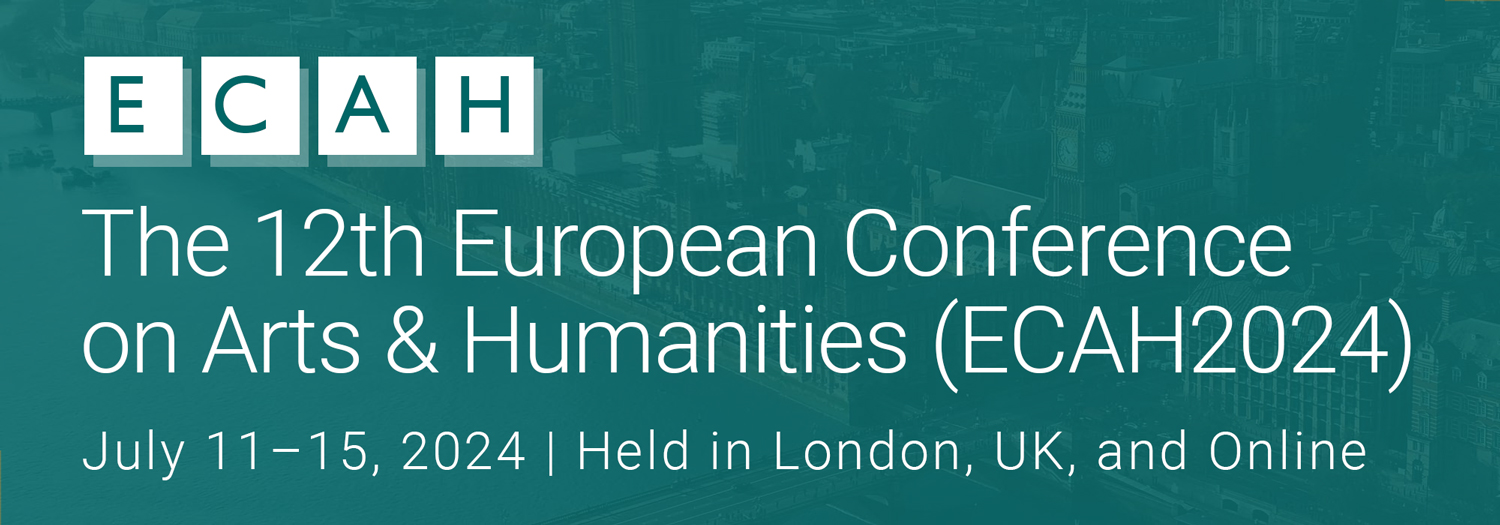Dyslexia and Graphocentrism: Neuroscience Contributions (71594)
Session: On Demand
Room: Virtual Poster Presentation
Presentation Type:Virtual Poster Presentation
Although dyslexia is scientifically portrayed as a hereditary disorder, it is usually during formal schooling that it turns out to be a real issue, for understandable reasons. The sad part of this story is the usual lack of grounding of Brazilian institutions regarding this Learning Disorder, which unfortunately leads to these children’s cruel labels and, as a consequence, progressive lack of interest in most school subjects. Unfortunately, reading and reading comprehension ability are still considered as normal and desirable intellectual conduct, even though this human task involves the activation of a network in neurotypical brains, particularly of the occipital lobe. Our theoretical framework relies on the fact that only 10 percent of over 4000 languages in the world have written form (Marcuscchi, 2009; Lucchesi, 2015). This reassures that humans have a genetic ability to language acquisition but not to writing. According to Wolf (2007), reading is a cultural invasion and there is nothing nearly natural to that task. Interestingly, there are numerous scientific evidences showing that individuals with dyslexia are distinguished by a visionary and entrepreneurial ability (in addition to other notable skills) which stands out when compared to neurotypical individuals (cf. Mousinho and Martins, 2012; Holanda, Correa and Mousinho, 2020). Therefore, for some scholars, this Learning Disorder, which affects from 10 to 15 percent of the world's population, can be perceived as a gift (Davis, 2004). Thus, the present study aims to review the supremacy of writing (cf. Lucchesi, 2015) as a decisive assessment method.
Authors:
Milena Uzeda, Universidade Federal Rural Do Rio de Janeiro, Brazil
About the Presenter(s)
Milena Uzeda is a Linguistics Associate Professor at IM-UFRRJ -Brazil, with Academic interest in Linguistic Theory, Language Disorders, Neurolinguistics and Language Epistemology. Member of VARIUS Research Group (CNPq -Brazil).
Connect on Linkedin
https://www.linkedin.com/in/milena-de-uzeda-garrao-2579b227b/
See this presentation on the full schedule – On Demand Schedule
The Virtual Poster Presentation PDF is not currently available.





Comments
Powered by WP LinkPress